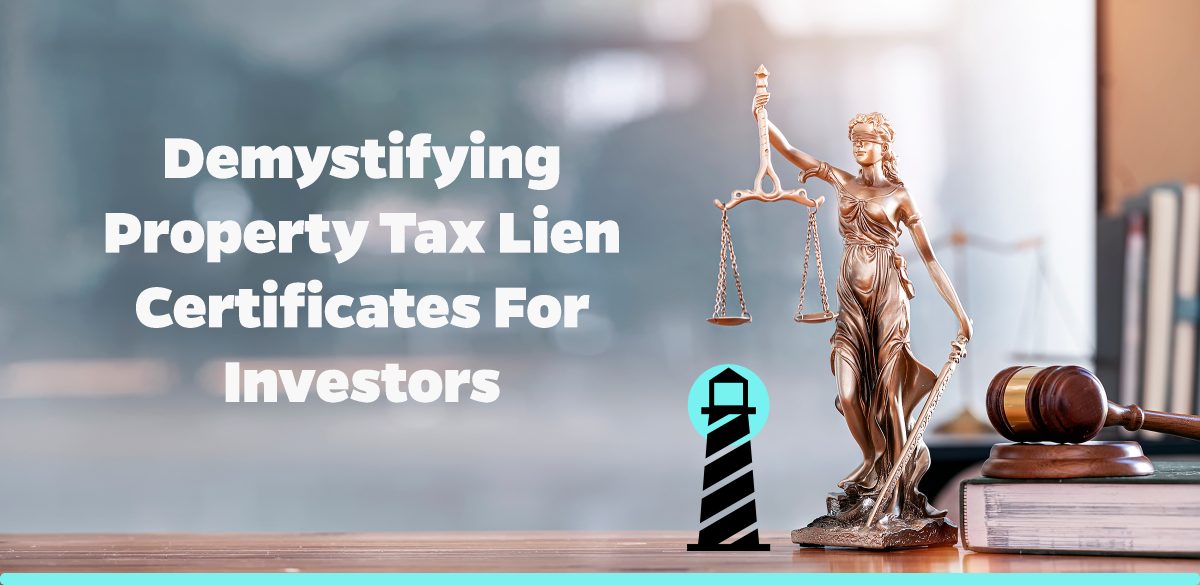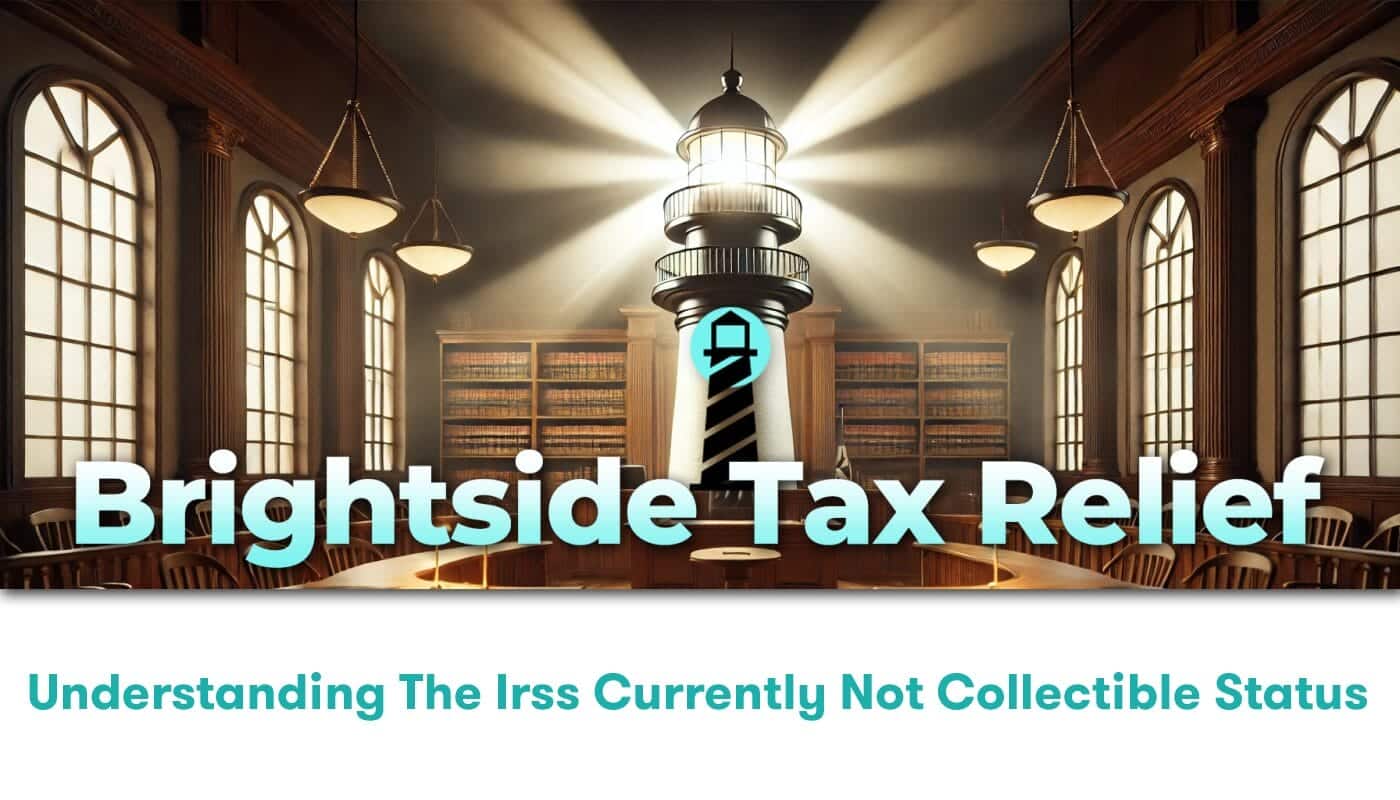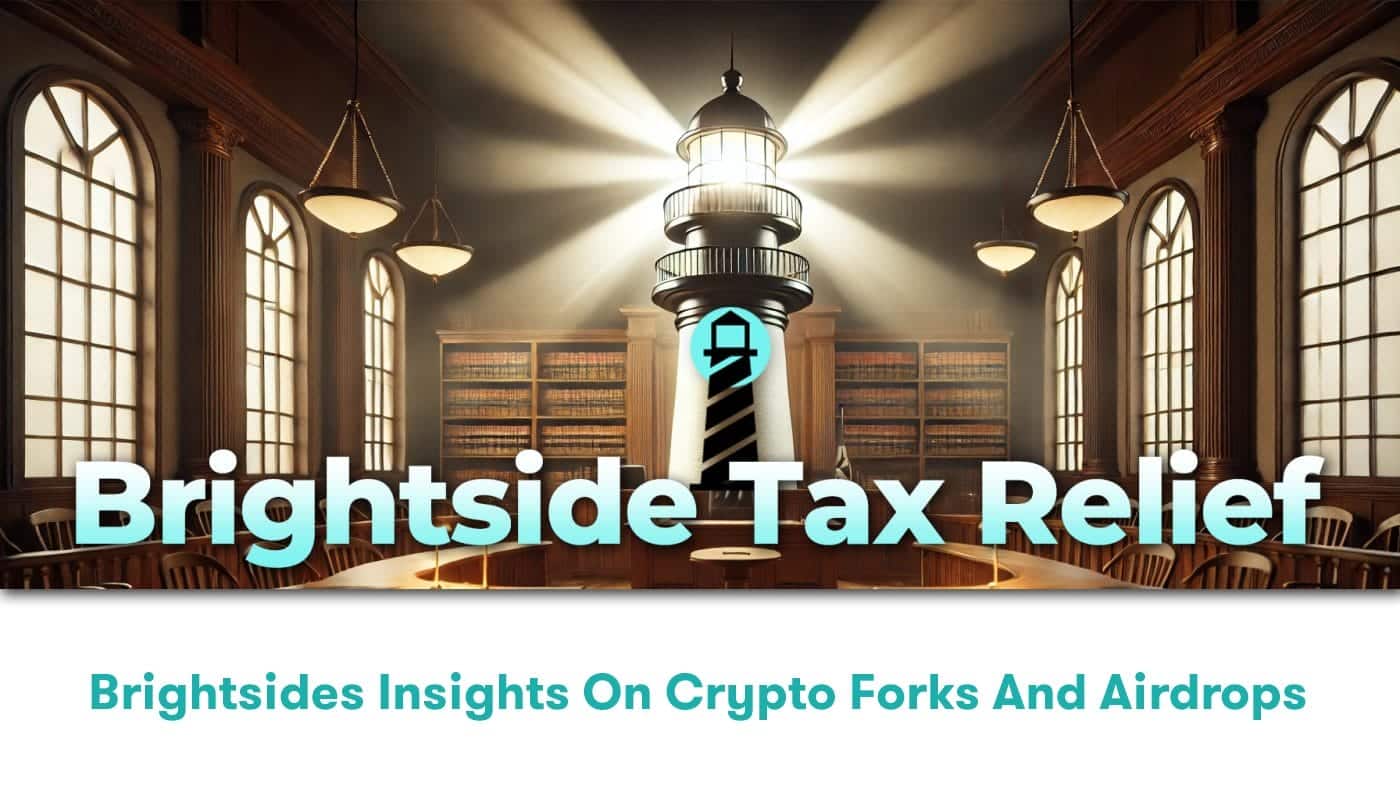The Anatomy of Property Tax Lien Certificates
Property Tax Lien Certificates are intriguing investment vehicles that harbor the potential for considerable returns. To understand the concept properly, one must delve into the heart of its modus operandi. When a property owner fails to pay their property taxes, the local government has the legal right to secure the delinquent amount through a lien on the property. The government then auctions these liens off to investors in the form of Property Tax Lien Certificates.
Here are a few key components of a Property Tax Lien Certificate:
– The certificate itself is a document that indicates ownership of the tax lien.
– Investors purchase these certificates to earn a steady flow of income from the interest that accumulates on the delinquent taxes.
– From the investor’s perspective, the risks are mitigated to a high degree as the investment is backed by real estate property.
Navigating the Purchase of Property Tax Lien Certificates
For an investor, purchasing a Property Tax Lien Certificate is equivalent to paying the delinquent taxes on behalf of the property owner. This transaction triggers the accrual of interest on the owed amount, generating potential profits for the investor. The property owner is then obliged to repay this amount plus interest.
However, it’s integral to remember these key points:
– Property Tax Lien Certificates are typically sold through auctions organized by the local government.
– These auctions can either follow a ‘bid down the interest’ or ‘bid up the price’ model.
– Investors should conduct a detailed analysis of the property and its market value before purchasing the certificate.
– It’s also advisable to consult a tax advisor or a legal professional to assess possible risks.
The Rewards and Risks of Property Tax Lien Certificates
While Property Tax Lien Certificates can be an attractive investment, they aren’t without their risks. However, if navigated correctly, the returns can be quite lucrative.
When the property owner repays the tax lien, including the interest, the investor stands to earn profit. In a scenario where the property owner fails to repay the amount, the investor may even take possession of the property.
Despite these enticing rewards, investors need to be aware of potential risks such as:
– The property owner filing for bankruptcy, extending the time period needed to resolve the lien.
– Overestimated property valuation, leading to a lower recovery than expected.
– Difficulty in selling the property post-foreclosure due to location or condition factors.
Insights on the Regulation of Property Tax Lien Certificates
It’s important for investors to keep in mind that Property Tax Lien Certificates are governed by state and local laws. These regulations stipulate various elements including the interest rate, the redemption period (the time given for the property owner to repay the lien), and the steps involved in auctioning these certificates.
For further information, one can visit the Internal Revenue Service (IRS) website, which provides a comprehensive understanding on the topic. Here is an informative link for your reference: Tax Topic 201 – The Collection Process.
Wrapping Things Up
Property Tax Lien Certificates serve as an ideal tool for diversifying an investment portfolio due to their compelling potential returns and their property-backed security. It’s important to approach these investments armed with an understanding of their workings, the ability to carry out due diligence on potential purchases, and an awareness of associated risks.
As part of Brightside Tax Relief, we strive to extend our expertise in demystifying complex investment scenarios and fostering a deeper understanding of such topics. Remember, wise investments are ones that are well-informed. Always consult professional advisors when delving into new investment avenues.
Together, let’s tread the path to financial knowledge and empowerment.






